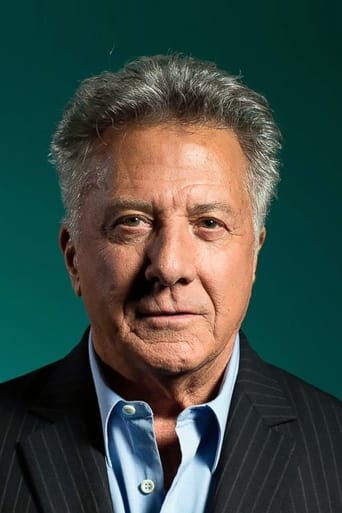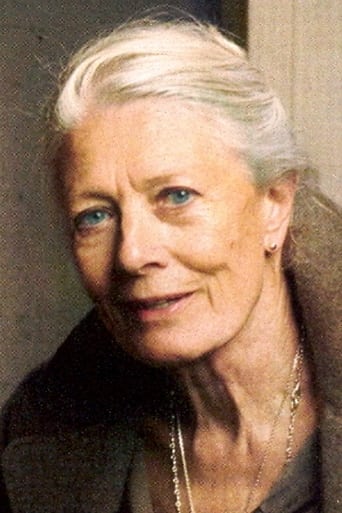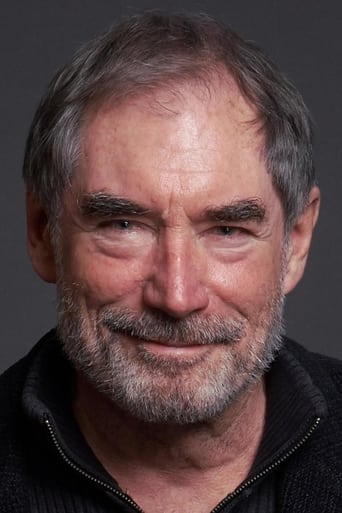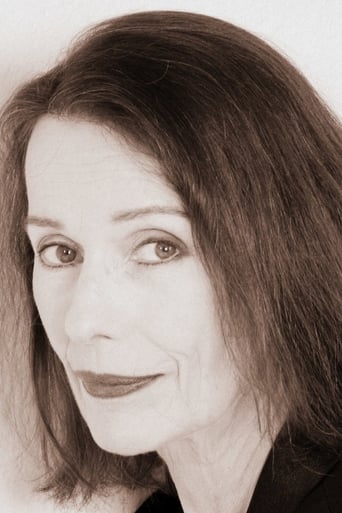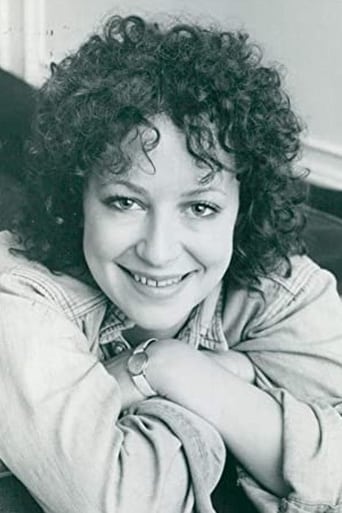ChanBot
i must have seen a different film!!
Kidskycom
It's funny watching the elements come together in this complicated scam. On one hand, the set-up isn't quite as complex as it seems, but there's an easy sense of fun in every exchange.
ActuallyGlimmer
The best films of this genre always show a path and provide a takeaway for being a better person.
Jonah Abbott
There's no way I can possibly love it entirely but I just think its ridiculously bad, but enjoyable at the same time.
moonspinner55
Pushy American journalist joins the search in 1926 Britain for mystery writer Agatha Christie, who has disappeared upon learning of her husband's extramarital affair, leaving behind a cryptic note taken to be suicidal. Exceedingly handsome production (plagued with troubles behind-the-scenes) is a fictionalized account of a relative non-event, the secret of which Christie apparently took to her grave. Screenwriters Kathleen Tynan and Arthur Hopcraft seem to think they're writing a mystery story along the lines of something the real-life Agatha might have concocted (at least it was marketed that way) but, with so little happening, attention falls on the performances of leads Dustin Hoffman and Vanessa Redgrave. Hoffman, exhaling cigarette smoke through his nostrils, is almost intentionally unappealing; he looks tiny standing next to his lanky co-star, and is unbearably mannered and stiff (it's one of his weakest performances). Redgrave looks stunning in her elaborate, Oscar-nominated '20s ensembles, and almost manages to create a character even though she's working from next to nothing (the picture is a showcase for her marvelously well-attired look and the graceful way she carries herself--all externals). The direction by Michael Apted is sleek and smooth, relying on the decorative detail to hold our interest. ** from ****
Robert J. Maxwell
The two writers seem to have had the great idea of turning Agatha Christie's real life 1926 disappearance into a typical Agatha Christie tale. But twist it how they may, the historical facts don't fit too well into the fictional template.Let's put it this way. In a typical Agatha Christie story, we are first introduced to a handful of characters, then an apparently impossible crime is committed, then the surprise solution comes at the end.But in the case of Christie's disappearance, no crime is committed. Vanessa Redgrave, as Dame Agatha, is having trouble with her husband's infidelity and takes off, half blind with anguish, to find herself at a hotel specializing in electrical baths. Yes, electrical baths. People come from miles around to take the waters and get the electrical baths to improve their health and good looks.There is a mystery -- what happened to her? -- but it's rather quickly solved by Dustin Hoffman as an American columnist anxious to sniff out her whereabouts and get a scoop. Under an alias, he joins her at the hotel and tries to insinuate himself into her confidence. He succeeds to an extent.But as far as the viewer is concerned, there really is no mystery because we've followed Christie on her desperate attempt to escape her marital travails. The central third of the film is taken up with encounters between Hoffman and Redgrave. Hoffman finds himself falling for Redgrave, but you need second sight to see it. There is no, well, no electricity between them. Except for one scene, Hoffman always is loud and intrusive and Redgrave reticent and receding. What's worse, she's about one foot taller than he is. When they dance, it's like watching figures in a cartoon.The big reveal at the end does come as a surprise but not the kind we might have been expecting. Redgrave is fooling around with the electronic junk that controls the current in the electrical bath. Why? We find out finally after a lot of inconsequential footage and it's an ingenious scheme but it fails. No crime is committed after all.The most distinctive feature of the movie are the performances by Hoffman and Redgrave. Redgrave is tall and bony but what an actress. She conveys passion without the hint of an explosion. And Hoffman has never given a more stylized performance -- stiff, stilted, precise, with the automatic movements of an animatronic figure from Disneyland's Hall of Presidents. And that voice! He's an American but his locution, his whole demeanor, is British. If he ever blinked on screen, I missed it. Maybe I was blinking at the same time. Both of the performances can take your breath away.The score is by Johnny Mandel ("Suicide is Painless," "The Shadow of Your Smile.") It's melodious, melancholy, and lends itself to all sort of genres, like "Point Blank," a unique noir.It's easy enough to watch and it's entertaining because of the presence of Hoffman and Redgrave. I wish they hadn't tried to copy Agatha Christie.
Maciste_Brother
I waited a long time to see Agatha. I remember seeing posters for this film at movie theaters when I was a kid and was intrigued about it ever since. For some reason I never happen to catch it, well, until now. I finally watched it on VHS (it's not available on DVD as of this writing). What a letdown. I said "That's it?" when the credits rolled at the end. I couldn't believe what a little, insignificant film it turned out to be. There are great things in it: the cast, lead by the magnificent Vanessa Redgrave. There's also Timothy Dalton and Dustin Hoffman. I always wondered how were they able to cast Hoffman, who's very short, against Vanessa, who's 6 feet tall I believe. Well, I know now: awkwardly. The cinematography by the great Vittorio Storaro is simply stunning and the music is excellent. But the story leaves a lot to be desired because, well, there's really no story.It's just an idea and a haphazardly conceived idea: after Agatha's husband told her he wants a divorce, the depressed mystery writer disappears from the public eye but goes to a health spa under another name and becomes obsessed with a device at the spa she wants to turn into an electric chair, and devises a plot in order for her to die from that electric chair but without making it look like it was a suicide. That's it. So according to this film, Agatha wanted to kill herself without making it look like a suicide but she obviously failed to do so as she was still alive and kicking after reemerging from her short-lived disappearance. Hoffman is the American who flirts with Agatha and eventually becomes part of the flimsy story.If I had known the story was this simple, I probably wouldn't have bothered with it. The production is grade A through and through but the screenplay is pure hokum.
Filmtribute
This quirky tale of Dame Agatha Christie's eleven-day disappearance in December1926 is a speculative account of the mystery, combining a romantic interlude, suicide attempt and desperate race to avert the loss of the world's most popular `Queen of Crime'. The film is not exactly in the style of a Christie plot or typical of one, as there are none of the trademark multiple corpses that usually litter her storylines.With her marriage on the rocks after being asked for a divorce, following closely upon the death of her mother, Agatha Christie seeks refuge from her coldly indifferent husband (a very apt Timothy Dalton), in the North Yorkshire spa town of Harrogate. With the whole country looking for her, Dustin Hoffman is the American reporter, writing for an English paper, who finds, and then seeks to help, her. The difference in stature between the leading protagonists makes for an amusingly incongruous sight on the dance floor, and wisely the invitation to dance the Charleston together is declined. Although Dustin Hoffman's strident journalist strikes a jarring note, Vanessa Redgrave sensitively displays a troubled, if rather elegant, Agatha Christie. Helen Morse (Picnic at Hanging Rock; Caddie) is delightful as Evelyn Crawley who befriends Agatha, and is very discriminating in her choice of men, making an interesting observation on the unrealistic expectation (by both sexes) of men's fidelity, when she sagely states `Hardly seems worth it. Men change so, that's why choosing is important. Well we can't just let things happen to us.' The fine talents of Timothy West are also involved as the diligent deputy chief constable who withstands Colonel Christie's attempts to quash the hunt for his wife.When, as expected, her husband's mistress also arrives in Harrogate, Agatha, who had been using her surname as a pseudonym whilst unconvincingly trying to pass herself off as a widow recently returned from South Africa, begins to plot an elaborate revenge. A large part of the film is given to scene setting with nice observations of English class snobbery and a time past. The final part of the film then changes gear from its languorous pace and moves into thriller mode with a race against time.A fine sense of period detail and Vittorio Storaro's beautifully crafted cinematography enhance this film, with its gentle evocation of the 1920's gentility taking the spa waters for the relief of their multifarious ailments. The famed Victorian architecture borrows from Bath as well as Harrogate, along with York's railway station, and the Old Swan Hotel and Royal Baths are given full promotional treatment. Although Agatha Christie returned to her husband her marriage finally ended two years later.In the UK video copies are available through Blackstar and Amazon.


